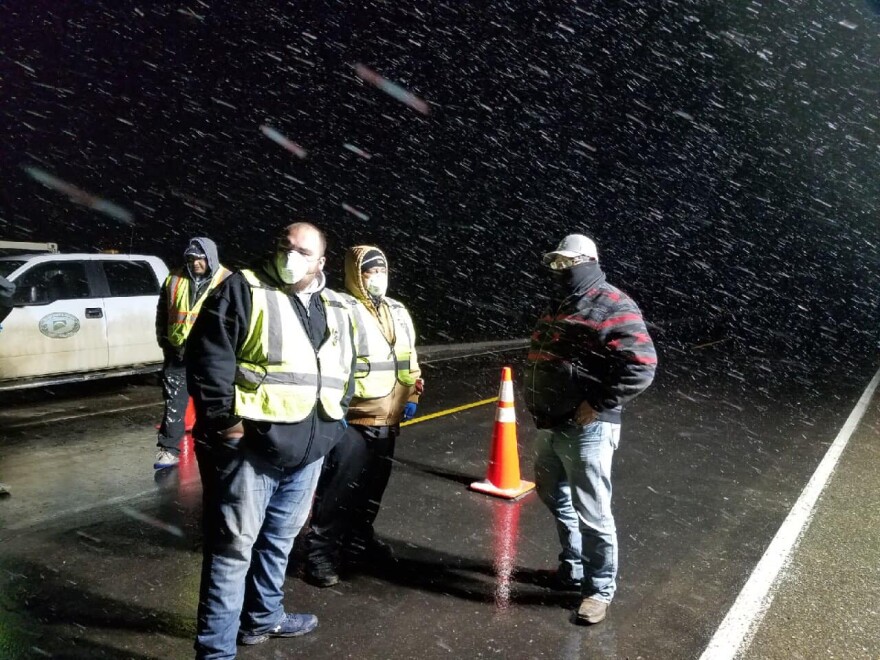Governor Kristi Noem is reiterating her commitment to taking two tribes within South Dakota state lines to federal court over checkpoints on highways entering their reservations.
The two tribes are declining her request, saying the checkpoints will help them contact trace the COVID-19 pandemic if it reaches tribal communities.
In a letter to the press over the weekend, Maggie Seidel—senior advisor and policy director for Governor Noem, says the state needs unobstructed access to state and US highways for thru-traffic.
Both the Presidents and Chairmen for the Oglala and Cheyenne River Sioux Tribes say they’re not only allowing traffic through the reservation, but have consulted with the state about their checkpoints.
Seidel says the lawsuit threat by the state comes after hours of communication behind the scenes with tribes. However, they do not consider that as consultation with the tribes. She says no agreement was reached.
The state points to a department of interior memorandum that states it’s unlawful to interrupt the flow of traffic on state and US highways within reservation boundaries. A 1990 ruling by the Eighth Circuit Court finds that—absent tribal consent, the state has no jurisdiction over highways running through “Indian lands.”
Troy Heinert is a democratic state lawmaker whose district covers the Rosebud Reservation. He, along with four other native state lawmakers, are asking the governor to let them help facilitate communications with the tribes.
“Instead of working with tribes—or saying ‘Okay, that’s not how we’re doing it, but if that’s what you guys need to do, then more power to you,’” Heinert says. “But, getting us involved in—whether it’s a lawsuit that, I’m tired of paying for lawsuits that the state of South Dakota loses—or creating distrust and animosity. That is not helpful to the greater good either.”
Heinert says the state is not recognizing the inherent right of tribal sovereignty handed down by treaty, congress and the supreme court.
He says he hopes the governor gives him a call.



